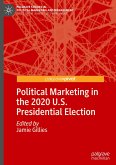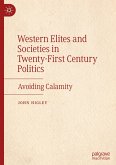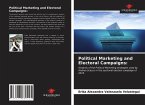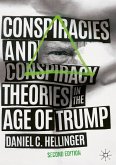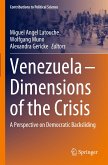The crisis of political representation and certain transformations of modernity, such as networked communication, have given rise to an almost dystopian political situation, a consequence of the primacy of the political marketing model: de-ideologisation, hyper-personalism, negative communication of the opposition, micro-segmentation of publics. Against this, the author vindicates the know-how (or rationality) of Political Communication, which prioritises pragmatic-discursive coherence and conceives political positioning as the result of a historical process (Mercedes Durá-Lizán, researcher Universitas Miguel Hernández - Spain). The work has the rare virtue of tackling a topic of current debate in simple language that is at the same time precise and never lacking in depth. It is a good proposal for those who want to understand what political communication is all about, and at the same time serves as an accessible guide for those who want to get started in the subject, often usingeveryday examples. It incorporates an agenda of debates to guide solutions and provide elements for discernment (Washington Uranga Journalist, teacher-researcher).



